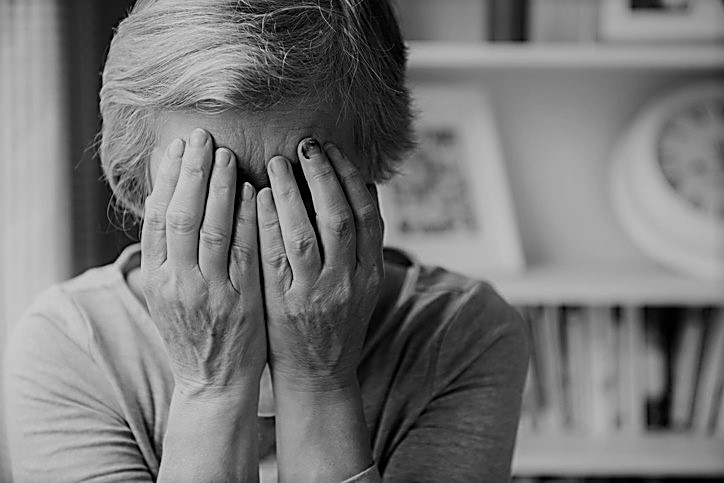By
Hazel Speed
I have often written trying to promote the need for all interactions between hospital staff and their patients, paramedics, social care in private homes (including cleaners) and in residential homes, to be voice activated video and audio recorded (all parties to have copies thereof).
In the UK certain Police Officers (Traffic Wardens) wear these portable cameras on their protective jackets. The systems are ‘voice activated’, and since their introduction, complaints have decreased. Superiors, hopefully, monitor the records too but if not, they should.
Having heard about the horrific maltreatment at a Devon Care Home yesterday I was incensed. It is akin to a type of situation from the history books almost a century ago, and it happened in England.
This was a Home which was to help those in dire need of care, understanding and love, peace and joy. Families had entrusted their loved ones, under that understanding.
Apart from the horrific hardships, cruelty and debasement of these people in need, unable to protect themselves from this abuse, one shudders to think of the psychological and emotional effect, the scars that will be ingrained in their memories.
The account of what they endured is barbaric, almost a Dickensian story worse than the work house environment, and that is saying something.
There are those who comment, the punishment should fit the crime, but although one understands the thinking, that cannot be condoned.
If compulsory cameras were being worn by those responsible to give care (without any possibility of being tampered with), and then daily records checked either manually, or by computer algorithm (set to zoom through a whole day of records but look out for key moments of alarm), then I doubt these nightmare abuses would occur.
Although one believes such things as this story are the exception rather than the rule, and rarely happen, it is much better for all parties where there is interaction in caring and hospital environment, if automated recording does exit.
A hospital ward in Birmingham even has a computer record which monitors everything regarding each patient, i.e when they were last given medication, and by whom, what they are allergic to, when they were fed, checked, etc, and the computer will stop an action if it is going to be an error. One thing it does not yet provide, is what is said between staff and patient.
Some NHS hospitals are trialling video and audio voice activated systems and that is wonderful. In the event of neglect or abuse via staff or patient, the truth is verifiable – I hope the patient is given, or can purchase a copy before they leave the hospital.
Similarly, care in private homes and visits from cleaners should equally have this kind of system, and interactions with paramedics before, during ambulance journey and arrival in hospital (also when they stay in attendance with patients in hospitals).
When reading details of the sad story from Devon, I always wonder why people like that go into a caring profession in the first place, apart from considering the poor souls easy prey to make money, but cruelty is another thing completely, don’t you think?
Hazel Speed
Photo (c) Hazel Speed – used by kind permision to Tuck Magazine
Hazel Speed is a Philosopher, Writer, and Artist with various creative projects at differing stages of development. Her flaship project is an animation which has produced a film short: www.thepinkprofessor.com. She has also written an E-novel, ‘Just Suppose…!‘ which is available via the attached link.
Art sites: www.candystoreart.com, www.terrificart.com, www.artbadges.co.uk



It is a good write up. Society, barring a few sensible souls, is a hub of commercial activity. Making life marketable is professional morality.